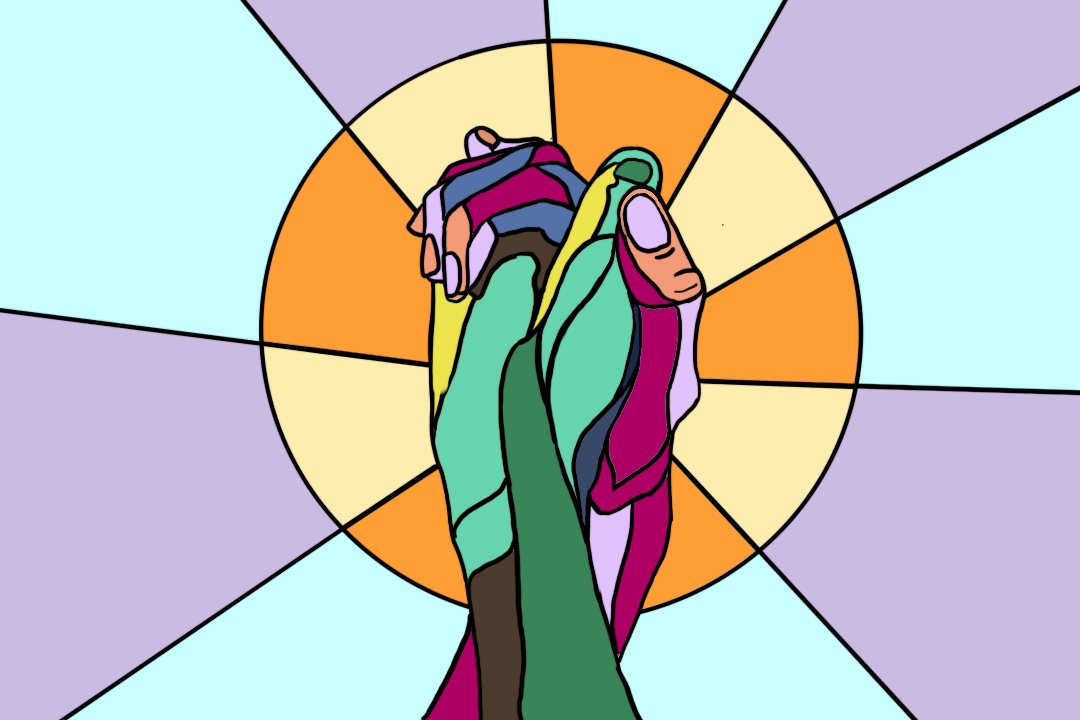Congratulations — you've been accepted to U of T! With three campuses and over 900 student groups, it's easy to find ways that this community can serve you. That just leaves one question: how can you serve your community? If you're interested in human rights or the environment, or want to explore your identity or sexuality, here's your guide to the equity groups that all three campuses have to offer.
Cultural, religious, and human rights associations
Open to all self-identifying Black students at U of T, St. George's Black Students' Association (BSA) fosters Black culture through community interaction and outreach. UTM also houses a campus-specific BSA.
The Canadian Asian Student Society aims to enrich campus life for students by fostering academic achievement and enhancing their social experiences. The association is present at UTSG and UTM.
St. George's Indigenous Studies Students' Union (ISSU) is a course union open to students enrolled in their Indigenous Studies Program or students taking an Indigenous Studies course. The ISSU offers events and programs that engage with Indigenous knowledge and cultural practices. UTM students can learn about Indigenous cultures through the campus' Indigenous Centre, while UTSC students can participate in their Indigenous Outreach Program, which lets students engage in opportunities for cultural exchange and dialogue with Indigenous peoples.
UTSC, UTM, UTSC have their own Muslim Students' Associations (MSA), which provide programming for Muslim students — such as iftar meals during Ramadan — throughtout the year. Their websites also maintain lists of all multi-faith prayer spaces on campus. At UTSG, the MSA also runs Friday prayer sessions at Hart House and the Multi-Faith Centre, but that service is currently on hold due to COVID-19. In an email to The Varsity, a representative of the MSA wrote that they are monitoring the health and safety guidelines, and they plan to offer Friday prayer services again as soon as it's safe.
The U of T branch of Hillel International, one of the largest Jewish campus life organisations in the world, is based out of UTSG, just behind Robarts Library. Hillel offers a wide variety of programming for its members, including work spaces with free printing and games nights. They also have kosher food options on a campus where that can be hard to find, including a $5 kosher dinner Monday through Thursday and larger community Shabbat dinners once a month.
U of T's Amnesty International aims to bring awareness to students, faculty, and alumni about global human rights violations, and provides resources about how anyone can campaign for universal human rights. The group, which has no political, governmental, or corporate affiliation, can be found at all three campuses.
St. George's Students for Palestinian Human Rights and the Association of Palestinian Students at UTM both aim to raise awareness for Palestinian human rights, chiefly by providing educational resources and creating a space for Palestinian voices and international engagement.
Gender and sexuality
All three campuses provide a Sexual Violence Prevention and Support Centre, which supports students, staff, and faculty who have been affected by sexual violence or sexual harassment. They offer counselling, medical services, academic and workplace accommodations, financial aid, and legal aid. UTSG's centre operates in the Gerstein Science Information Centre, UTM's operates in the Davis Building, and UTSC's operates in the Environmental Science & Chemistry Building.
UTSG is also home to U of T's Centre for Women and Trans People. The centre offers a safe, harassment-free space for all U of T students who identify as women, as part of the LGBTQ+ community members, or as allies. They provide referrals and give resources about sexism, racism, homophobia, transphobia, ableism, ageism, violence, health, and poverty through workshops, events, services, and programming. UTSC also houses a Women and Trans Centre on campus.
Environmental equity
When it comes to environmental equity, U of T's Environmental Resource Network is one of the most well known organizations on all three campuses. The group operates as a funding body and networking hub for any person, student group, or club that's interested in promoting sustainability and environmentalism. Divestment and Beyond is also visible on campus, particularly as part of the campus movement for divestment from fossil fuels.
U of T doesn't just provide a post-secondary education — in the years to come, it'll also become your home. As such, it's important that you feel included here! The groups mentioned are just the tip of the iceberg — there are many more equity groups across all campuses, so whether your interest is cultural, global, environmental, or political, U of T will have resources for you.
